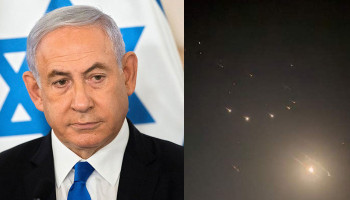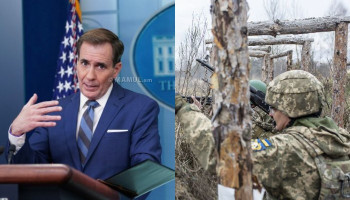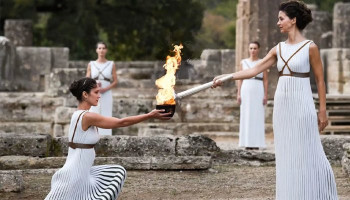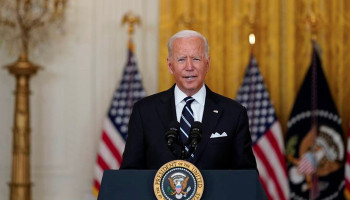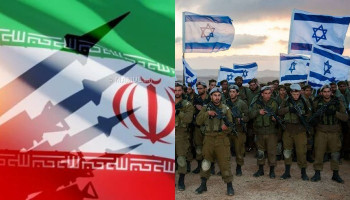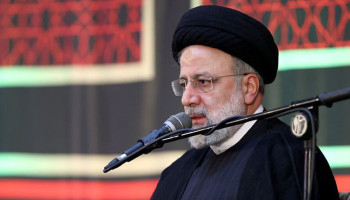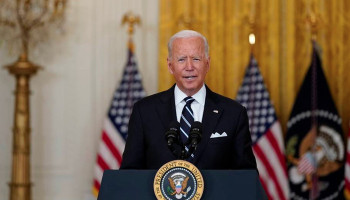Saudi grand mufti declares chess forbidden
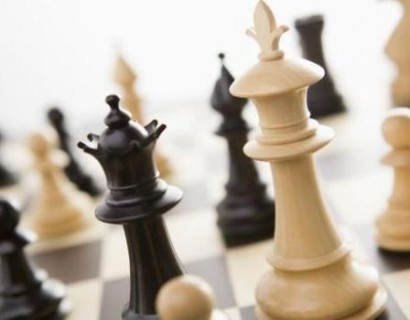 Saudi Arabia’s top Muslim cleric issued a fatwa Wednesday declaring chess forbidden in Islam. The religious ruling issued during a television program on state Al-Majd TV where viewers were invited to ask Sheikh Abdul Aziz bin Abdullah, who serves as the grand mufti of Saudi Arabia, religious questions regarding everyday life. In response to a question regarding the permissibly of chess in Islam, the mufti declared that the game “brings enmity and hatred between its contestants” and is forbidden because it “encourages gambling and is a waste of time and finances.” Outraged Saudi netizens quickly took to social media to express their disappointment over the fatwa, describing chess as a “game for the intelligent.” One person tweeted sarcastically, “If the guy who asked the question described the game as one of strategy that trains you to fight the enemies of Islam, the mufti would have ordered it at every prayer.” Luckily for chess lovers in the desert kingdom, the enforcement of fatwas is not so black-and-white. Commentators say that chess will likely receive a status similar to other minor vices such as music, which although frowned upon by many clerics is not banned by Saudi law. This is not the first time Islamic clerics have declared chess forbidden — the game was proscribed by clerics in Iran in the wake of the Islamic revolution in 1979 as “gambling,” but the ban was eventually rescinded in 1988. In March the mufti called for the destruction of all churches in the Arabian Peninsula after legislators in Kuwait moved to pass laws banning the construction of religious sites associated with Christianity. Present in Kuwait at the time, he told a delegation that the destruction of churches was absolutely necessary and required by Islamic law. Abdullah, who is considered the highest official of religious law in the Sunni Muslim kingdom, also serves as the head of the Supreme Council of Ulema (Islamic scholars) and of the Standing Committee for Scientific Research and Issuing of Fatwas. |











